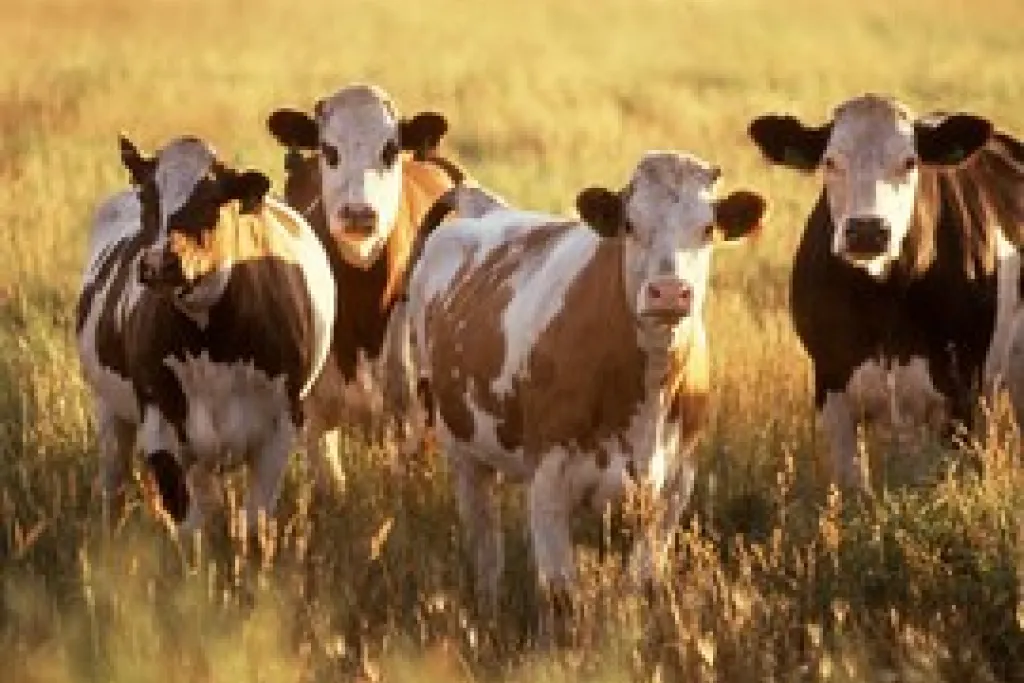Large-scale livestock producers, known as Concentrated Animal Feeding Operations (CAFOs), create potential water and air quality issues for rural communities in South Dakota. As they develop their operations, CAFOs need to maintain goodwill with neighbors and adhere to environmental laws. Any CAFO that is applying for a general permit must attend a CAFO Environmental Training Program.
South Dakota State University (SDSU) Extension provides training two or three times a year for federal and state water pollution and control programs. The training sessions include topics on livestock production, manure management, and land application practices. In addition, SDSU Extension specialists discuss how to manage air quality, odor, and nitrogen and phosphorus content of manure. In 2016, SDSU Extension specialists offered two training sessions. Recent CAFO Environmental Training Programs reached participants from livestock operations that represented approximately 22,500 animals in the beef industry, 4,000 dairy cows, 60,000 pigs, 5 million laying hens, and 3,000 sheep. Survey results showed a 21 to 32 percent increase in the overall understanding of the topics, and more than 63 percent of the participants said they plan to adopt certain practices they learned at the training sessions.
Learn more at SDSU's IGrow.
Want to read about more impacts like this? Check out Fresh from the Field, a weekly bulletin showcasing transformative impacts made by grantees funded by NIFA.

